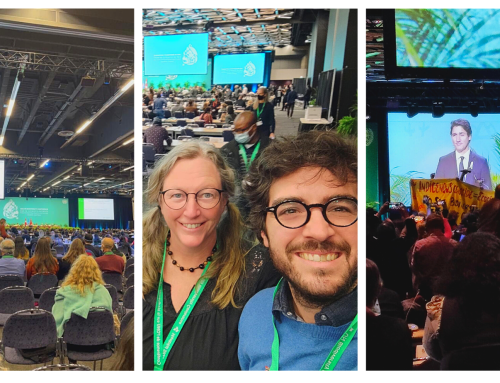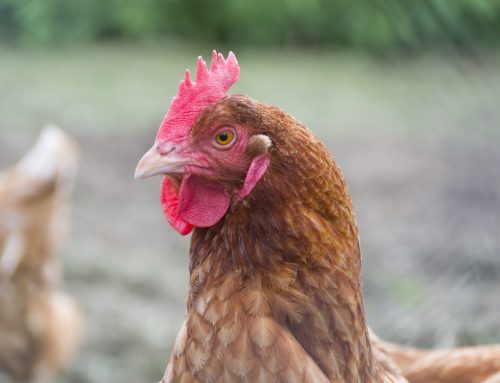AFSA’s Media Release on the takeover of Rivalea by JBS – the largest meat processing company in the world:
The announcement of the purchase of Rivalea-owned abattoirs in Victoria and New South Wales by multinational corporation JBS – the largest meat processor in the world – has sparked major concerns about corporate consolidation and loss of viable options for pig farmers in the southeastern states.
The announcement comes at a time when many regions in Australia have seen the closure or takeover of local abattoirs, with small- and medium-scale famers increasingly impacted by diminishing options for processing their livestock.
It also comes just a week after JBS facilities globally were brought to a standstill when their systems were cyber-hacked. The purchase would give JBS control of 30% of pork processing in Australia – it already owns 25% of beef processing facilities. The recent shutdowns due to hacking, and 2020 closures and throughput reduction during lockdowns underscore the risk in consolidating supply chain infrastructure into too few hands, with major impacts on farmers who rely on so few facilities. Many large industrial abattoirs are vertically integrated operations thatrefuse to process private kills for small-scale farmers, the very farmers we need to fix our food system.
The Australian Food Sovereignty Alliance (AFSA), which represents regenerative and agroecological farmers around Australia, the majority of whom are small-scale and sell directly, has long advocated for government to facilitate small-scale and locally-owned abattoirs to address this problem and help revitalise regional economies.
AFSA members have expressed concern that the increasing consolidation of the abattoir market by multinational corporations will lead to restricted access, or no access, for small-scale producers. They emphasise the disastrous effect this would have, not only on local farm businesses and livelihoods, but also on their communities’ access to ethically and sustainably producedmeat, for which there is ever-growing demand.
AFSA president Tammi Jonas says that the JBS takeover highlights an urgent need for policie s which support diversification of the meat processing sector, and support smaller producers: “Supporting a mix of small-scale local and on-farm abattoirs helps the regional economy through local processing and value-adding. A return to more local abattoirs that service small-scale farms would dramatically increase the resilience of local economies, especially in the face of crises like the COVID-19 pandemic.”
“Abattoirs owned and operated by farmers and their communities can direct funds into regional jobs and community developmentinstead of overseas to a corporate conglomerate and its shareholders, and ensure local meat for regional communities, and their providores and restaurants.”
“Legislative, policy, and financial support for local value chain infrastructure has been needed for decades to reduce the vulnerability of long, centralised supply chains, and to support local food economies.”
There is already a groundswell of support for small-scale operations. Just last week, AFSA hosted a roundtable to discuss the development of small-scale abattoirs in Australia. Over 60 attendees, including livestock producers and small-scale abattoir operators in addition to representatives from state and local governments, joined the session to discuss the need for abattoir alternatives, and share the existing small-scale operations, demonstrating the high demand and strong viability of such alternatives.




